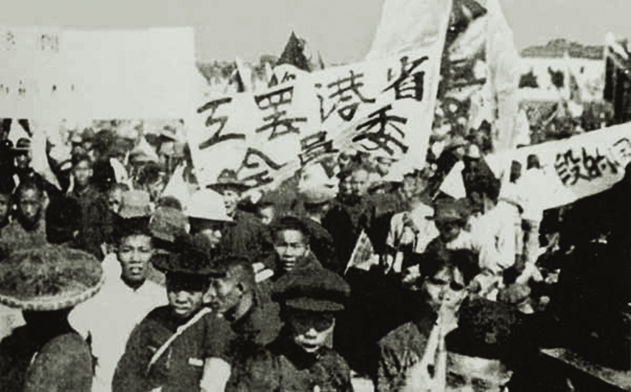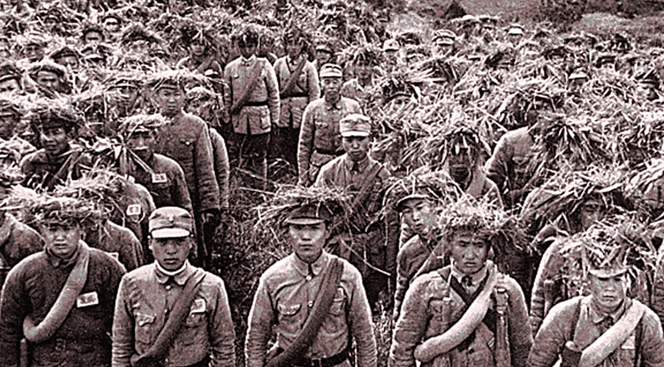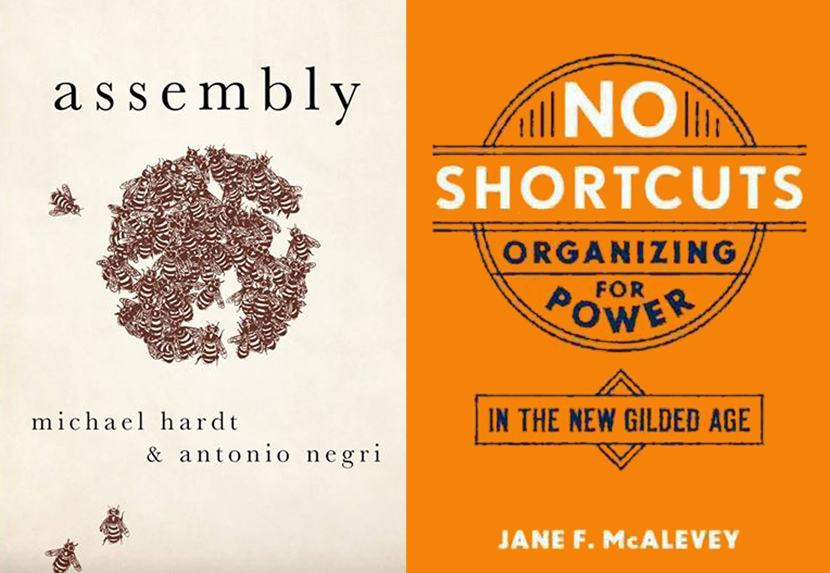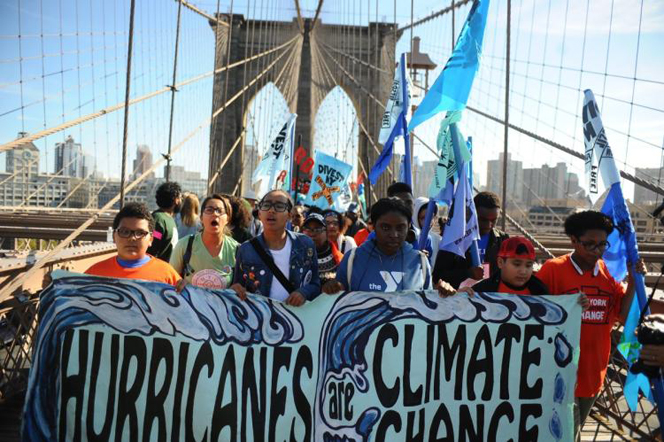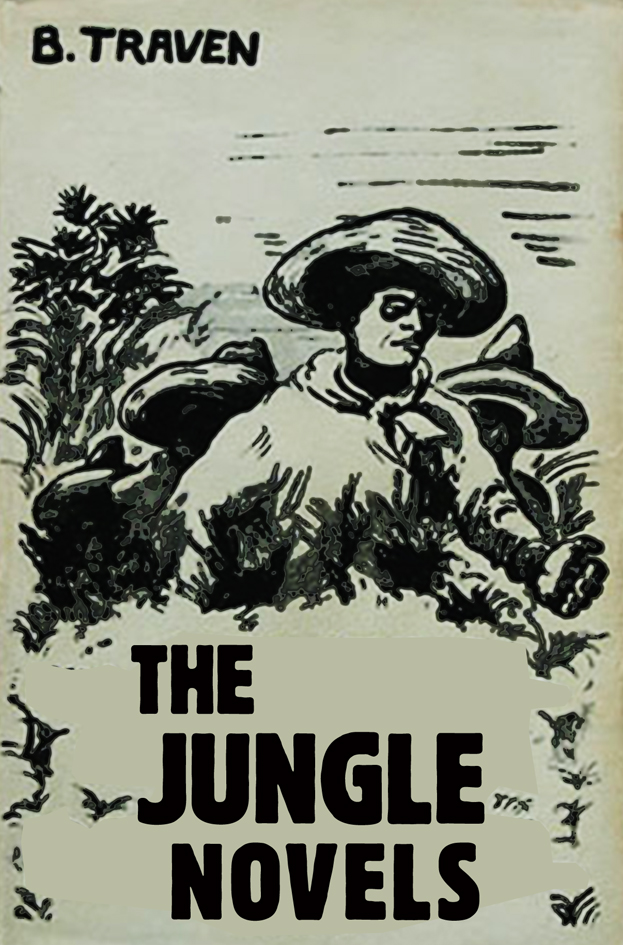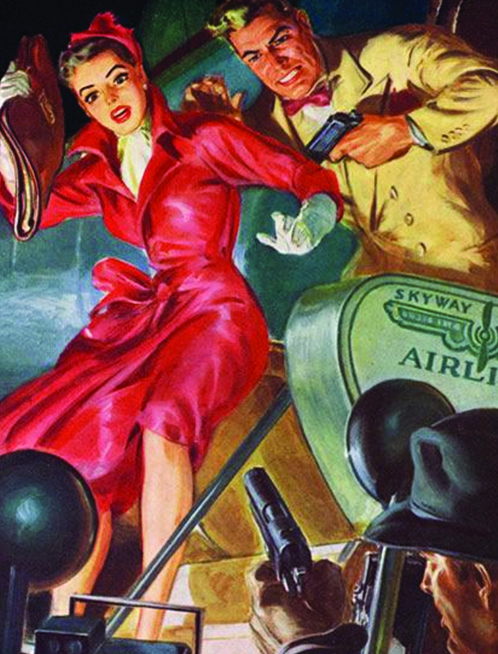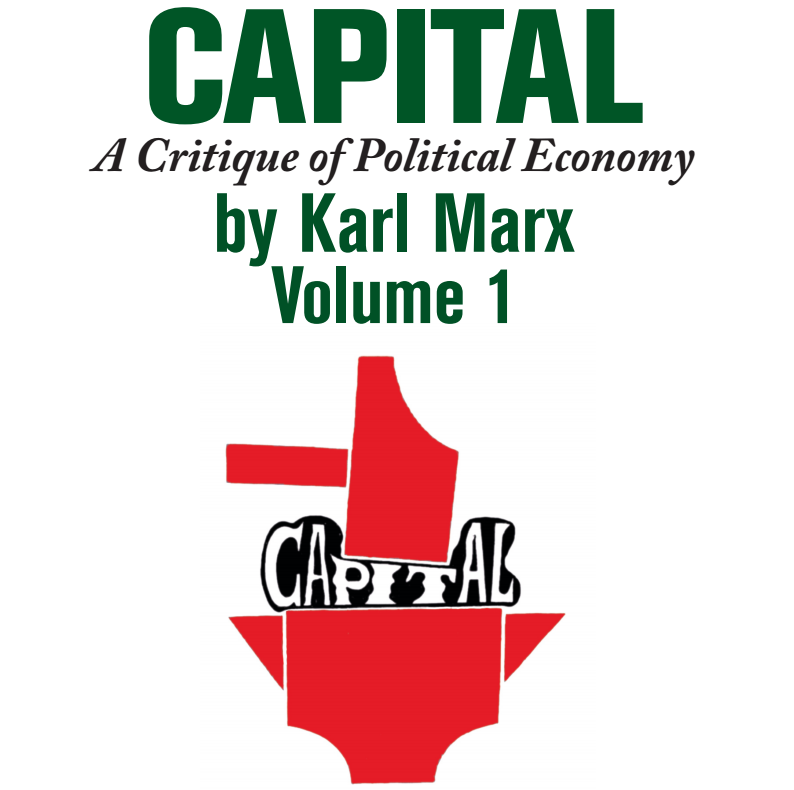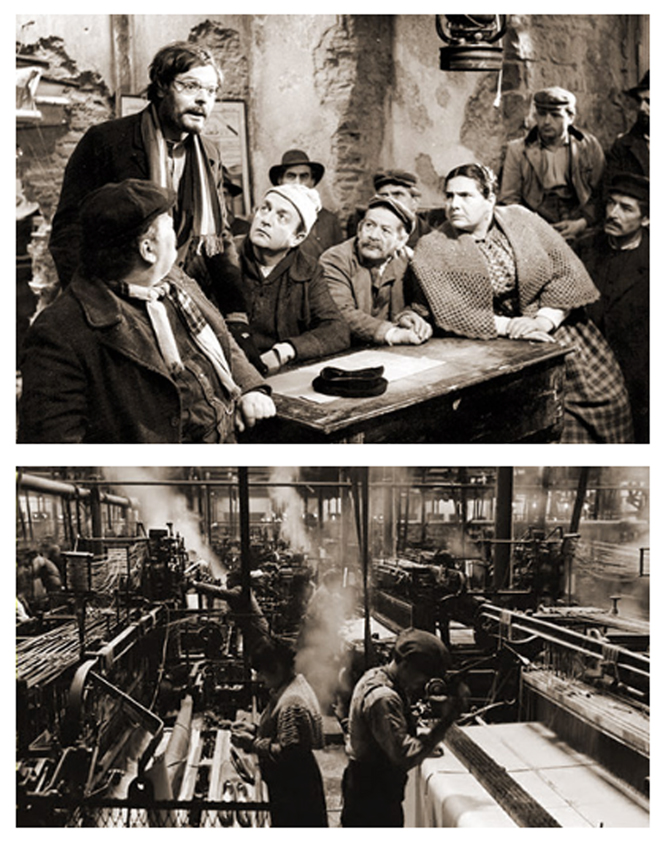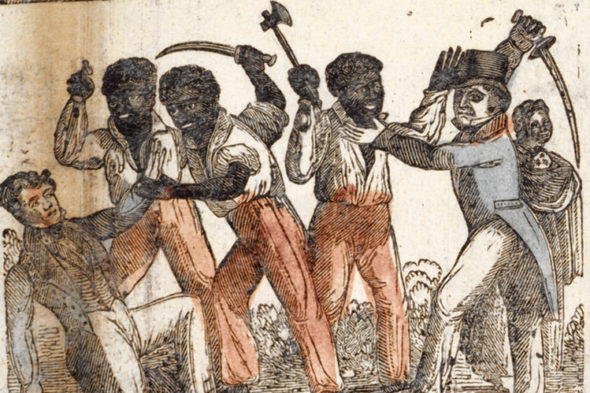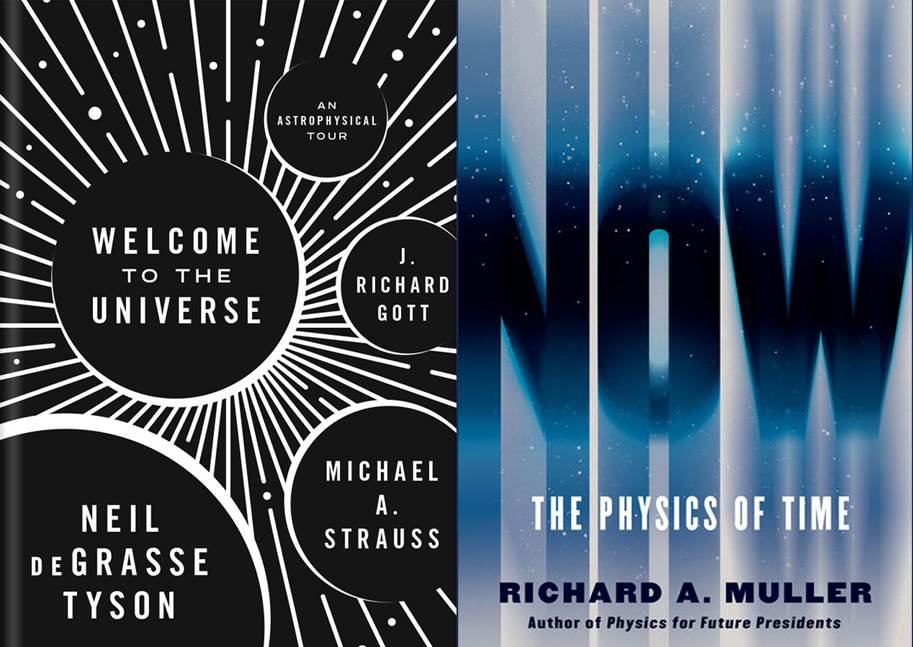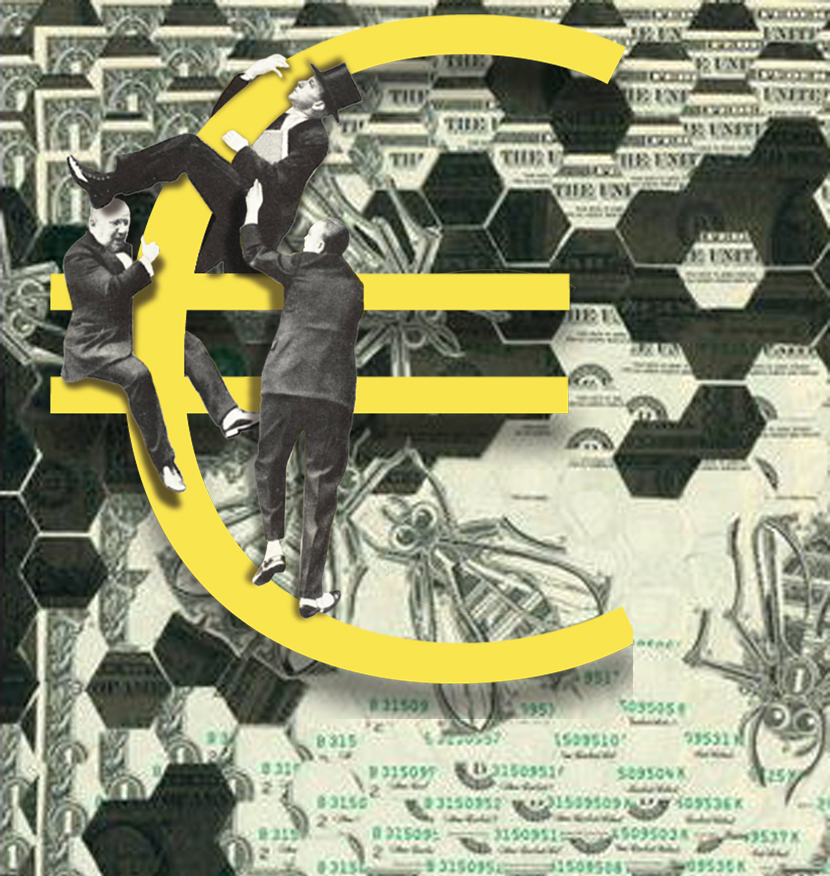Revolution in China: 1911-1949
Of 20th-century revolutions, the upheaval in China that culminated in the declaration in 1949 of the People’s Republic was arguably just as significant as the Russian Revolution of 1917. Beginning this January, the Revolutions Reading Group undertakes an in-depth study of that 40-year struggle, from the overthrow of the monarchy in 1911 to the victory of the Communist Party after World War II.
The Chinese Revolution: 1930-1949
We begin with the Chinese Revolution in 1930, after the nationalist party led by Chiang Kai Shek turned on the mass movement, slaughtered militant workers and peasants, and declared war on Communists. After the war, the struggle between the armies of Chiang Kai Shek and the Communists resumed, ending with Chiang's fleeing to Taiwan and the final victory of the Communist army in 1949.
Manuals On Organizing, Version 1
This group will read over the next period a number of books on raising consciousness, organization and various methods and theories on how to develop a strong anti-capitalist movement.
Climate Crisis, Climate Justice, Climate Fiction
This study group will examine the dire situations ordinary people confront as climate change and related crises accelerate, and the struggles for climate and environmental justice that are arising to meet these challenges. We will look at such cases as Puerto Rico (Irma-Maria), New York (Sandy), and the Mideast (drought, wars, refugees), through lenses provided by Ashley Dawson, Christian Parenti, and others.
B. Traven’s Jungle Novels
Traven’s purpose in the Jungle Novels is to describe the conditions of a people who are ripe for change, and to trace the beginnings of how consciousness changes and sometimes leads to revolt.
Friday Noir: Women and Murder
Genre Fiction: Women and Murder Last Fridays of each Month Jacqueline Cantwell March 30 and April 27 The March 30 author will be Shirley Jackson, notorious for writing The Lottery ... Read more
Capital: Volume 1
This group will meet each Saturday to discuss Volume One of Capital. There will be a close reading of the text. All questions on each section will be addressed and the reading discussion leaders will be prepared to assist between sessions on areas that may be difficult to understand.
Tales of the 1%: The Organizer
Join us for a discussion of Monicelli’s most political film. In addition to casting Marcello Mastrioanni, Monicelli cast the film with workers from the Turin area and shot on location in one of the area’s huge textile factories. “I wanted to show all of that. The truth about what happens in the working world.”
—Mario Monicelli, interviewed in 2006
A People’s History of the World
Orchard Street, Newark, NJ classroom Orchard Street, Newark, NJ, United StatesConvened by Branden Rippey Downtown Newark on Orchard Street Using A People’s History of the World by Chris Harman, this course will study the broad trends in the history of ... Read more
The Universe: Past, Present, Future
This class is for all who desire to explore together the mysteries and fascinations of our universe. No prior knowledge of astrophysics or mathematics is required. Together we will get to the bottom of a number of concepts that are widely discussed but poorly understood.
The Chinese Revolution: 1930-1949
We begin with the Chinese Revolution in 1930, after the nationalist party led by Chiang Kai Shek turned on the mass movement, slaughtered militant workers and peasants, and declared war on Communists. After the war, the struggle between the armies of Chiang Kai Shek and the Communists resumed, ending with Chiang's fleeing to Taiwan and the final victory of the Communist army in 1949.
Manuals On Organizing, Version 1
This group will read over the next period a number of books on raising consciousness, organization and various methods and theories on how to develop a strong anti-capitalist movement.
B. Traven’s Jungle Novels
Traven’s purpose in the Jungle Novels is to describe the conditions of a people who are ripe for change, and to trace the beginnings of how consciousness changes and sometimes leads to revolt.
The Political Economy of Money and Finance
This reading group will undertake a close reading (over 10 weeks) of Costas Lapavitsas and Makoto Itoh’s book Political Economy of Money and Finance. The book attempts to offer a systematic theoretical examination of money and finance by re-examining the classical foundations of political economy and the creator of money and assessing all of the important theoretical schools since then, including Marxist, Keynesian, post-Keynesian and monetarist thinkers.
Capital: Volume 1
This group will meet each Saturday to discuss Volume One of Capital. There will be a close reading of the text. All questions on each section will be addressed and the reading discussion leaders will be prepared to assist between sessions on areas that may be difficult to understand.

